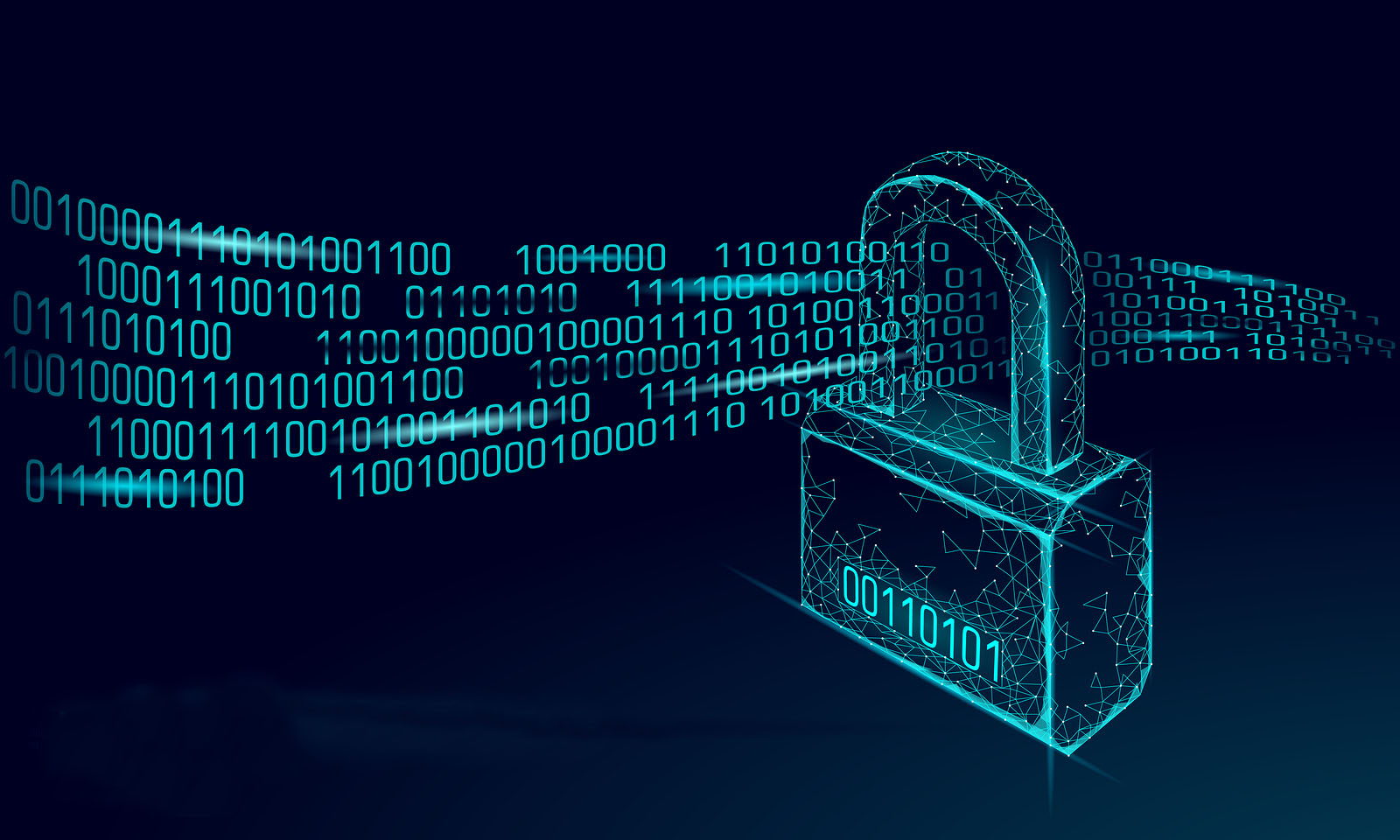In the world of business, time is money. This adage is especially true in the case of Public Key Infrastructure (PKI) communications. PKI is a system of digital credentials and security protocols that are used to authenticate users and devices, as well as to encrypt data. PKI is essential for secure communications between businesses and their customers.
The speed of PKI communications is crucial because there is a direct correlation between the amount of time it takes to establish a PKI connection and the number of money businesses can save. For example, if it takes twice as long to establish a PKI connection, companies can save up to 50% on operational costs. In addition, the faster the communication, the more time businesses have to focus on their core competencies and goals.
This article will look closely at the connection between speed and PKI, symmetric vs. asymmetric cryptography, and how to implement PKIs.
PKI and Speed: How They’re Connected
PKI communications rely on two security keys—a public key and a private key—to work and operate. The public key encrypts data, while the private key decrypts it. Because PKI communications use these two keys, they can avoid many bottleneck issues that can slow down traditional communication methods.
However, the speed at which PKI communications take place can still be affected by a few different factors, including:
- Key size: The larger the security keys used in a PKI system, the longer it will take to encrypt and decrypt data. That’s because larger keys have more bits that need to be processed. If you’re looking to speed up your PKI communications, you should consider using smaller keys.
- Certificate size: Similar to key size, the larger the certificates used in a PKI system, the longer it will take to encrypt and decrypt data. That’s because larger certificates have more fields that need to be processed. You should use smaller and more efficient certificates to speed up your PKI communications.
- Processing power: The more processing power you have available, the faster your PKI system will be able to encrypt and decrypt data. If you’re looking for a quick way to boost the speed of your PKI communications, consider upgrading your hardware.
- Network latency: Network latency—the time it takes for data to travel from one point to another—can also affect the speed of PKI communications. If you’re looking to improve the speed of your PKI system, you should consider investing in a faster and more efficient network connection.
Symmetric Vs. Asymmetric Cryptography
There are two types of cryptography: symmetric vs. asymmetric cryptography. Symmetric cryptography, also known as private-key cryptography, is a type of cryptography that uses the same key to encrypt and decrypt data. Asymmetric cryptography, also known as public-key cryptography, is a type of cryptography that uses two different keys to encrypt and decrypt data.
PKI uses asymmetric cryptography because it is more secure than symmetric cryptography. If the key is compromised, the data can be easily decrypted with symmetric cryptography. With asymmetric cryptography, even if one of the keys is compromised, the data cannot be solved without the other key.
The speed of PKI communications is also affected by the type of cryptography used. Symmetric cryptography is faster than asymmetric cryptography because it uses the same key to encrypt and decrypt data. Asymmetric cryptography is slower because it uses two different keys to encrypt and decrypt data, but this isn’t necessarily a drawback.
PKI Implementation
There are three main components to a PKI system: the Certificate Authority (CA), the Registration Authority (RA), and the Certificate Repository.
The CA is responsible for issuing and revoking digital certificates. The RA is responsible for verifying the identity of certificate applicants and approving or denying their applications. The Certificate Repository is a database that stores all of the PKI certificates.
PKI communications are typically slower than other types of communications because of the time it takes to implement a PKI system. PKI systems can take weeks or even months to implement. However, once a PKI system is up and running, the speed of communications will be much faster.
Final Thoughts
In conclusion, while speed may not be the most crucial factor to consider when choosing a PKI system, it is still essential. That’s because the speed of PKI communications can directly impact a company’s bottom line. If you’re looking to improve the speed of your PKI system, you should consider using more minor keys and smaller certificates and investing in faster hardware and networking.

